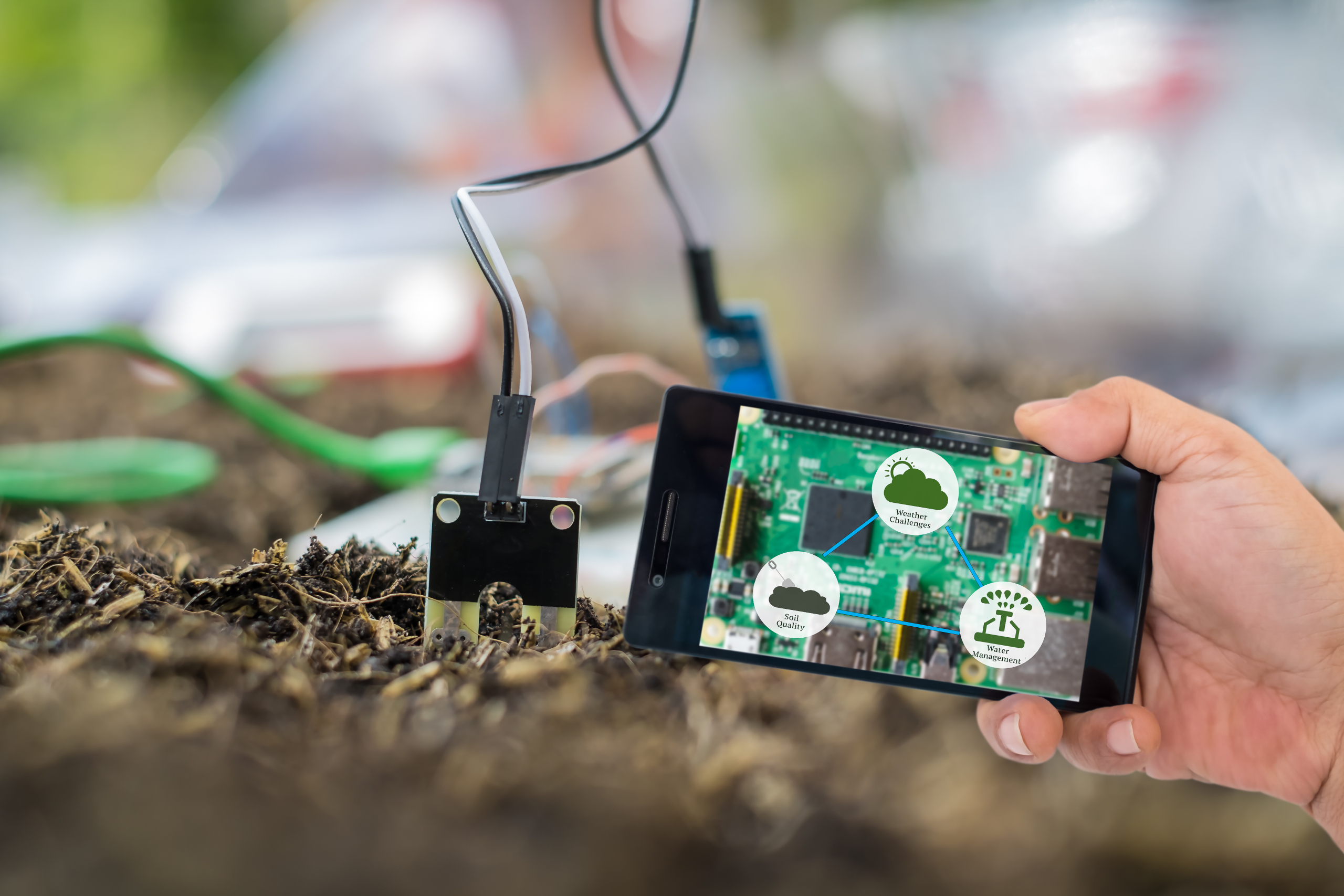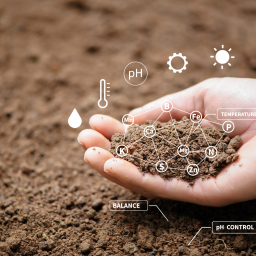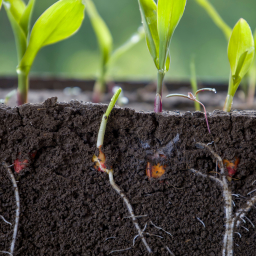NEW
Optimisation of irrigation water, a precision tool for crop improvement
12 July 2022Optimisation of irrigation water, a precision tool for crop improvement
- At NEIKER we are working to develop precision irrigation tools to improve crops
- The benefits of this type of irrigation include increased production and reduced environmental impact
- This project is added to other lines of work we are promoting at NEIKER so that the digital transformation contributes to the qualitative leap that the agricultural and food sector needs
Water availability is limited in many parts of Europe and it is likely, due to climate change, that this situation will worsen. For 2070 it is expected that water stress -when the demand for water is higher than the amount available- will increase by up to 35%. In this scenario, the conservation of water has become an ever more pressing objective in irrigated-land agriculture and the only way to be able to satisfy these needs is by improving efficiency in water use.
For this purpose it is necessary to create an agriculture structure that helps reassign its use, optimising the water and the economic resources that farmers use by adopting new technologies. In this regard, at NEIKER we are developing various lines of work to favour the digital transformation of the agriculture sector, for example, in the optimisation of irrigation water.
Toward better use of water
When optimising crop irrigation, various factors must be taken into account. To start with, it is necessary to take note of the elements related to the biophysics system, made up of the soil, the plant and the atmosphere. However, it is also important to pay attention to the physical properties of the soil, the type of crop and the physiological responses to the variations in the environment or weather conditions. When deciding on the best way to optimise the irrigation water, the factors that can be controlled by the farmer must also be considered, such as the seeding date or the type of tilling, etc.
In this context, it is not possible to stipulate one single type of irrigation with specific characteristics for all types of crops. Nevertheless, this situation does not mean it is impossible to optimise the conventional model used up to now.
“Efficiency in the irrigation system helps use the water better, in terms of both quality and quantity. This means that every litre of water consumed is use in the most efficient way, helping to produce more, higher quality food and reducing the impact on the environment”, he explains Gorka Landeras, researcher at NEIKER’s Plant Protection and Production Department.
The use of precision irrigation techniques optimises water use compared to more conventional irrigation. “The big difference lies in the fact that in conventional irrigation the farmer or the person irrigating the crop tends to go on their own experience, in some cases ignoring the technical information needed to optimise water use. This is what is taken into account in the irrigation systems used in precision agriculture”, underlines the NEIKER researcher.
In short, many benefits can be derived from optimising irrigation water, starting with the increase in irrigation efficiency, which can entail an increase in the farm’s economic performance, minimising the environmental impact.
Optimising potato crops
In NEIKER we have been working for more than a decade with local farmers to research the water needs of crops by applying different precision technologies: mathematical models, artificial intelligence, use of meteorological and soil moisture sensors; irrigation tests, implementation of IT applications, soil infiltration studies; as well as the use of satellite images (remote sensing), genetic improvement and molecular biology, and many others.
In addition, it has also participated in different projects on the remote control of irrigation devices, for example, the UREZPAPA initiative, which came to an end in 2021, which achieved greater efficacy in managing water in potato crops, while obtaining the greatest possible savings of this resource.
To conduct this study, NEIKER’s Plant Protection and Production Department used different soil sensors and IT tools based on groundwater balancing models in two pilot plots in Elburgo and Foronda (Alava).
“Thanks to this project we have determined that going from watering every 10 days (32 mm) – the usual interval for areas in the study – to every 6-8 days up to field capacity would reduce production losses by half with a small increase the volume of water used”, explains Landeras.
Although this project concentrated exclusively on potato crops, the technology centre is also collaborating in other irrigation water optimisation initiatives in other crops such as beetroot and maize.






